Time feels like it flies by or drags on depending on the intensity of your experiences. So, does that mean aging is merely a mindset?



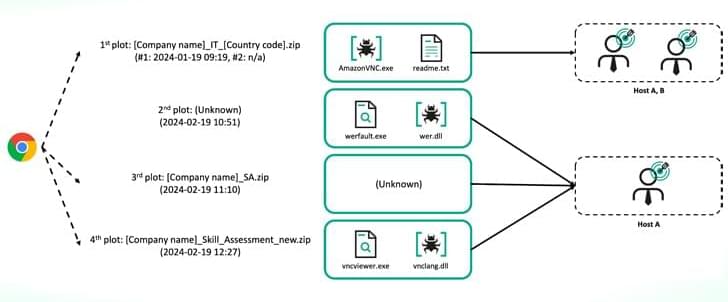
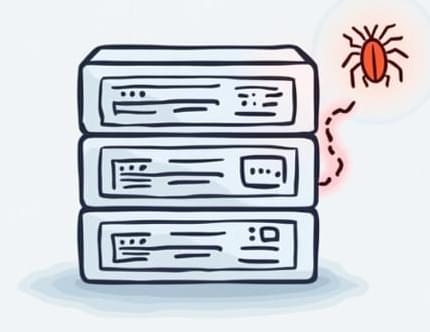
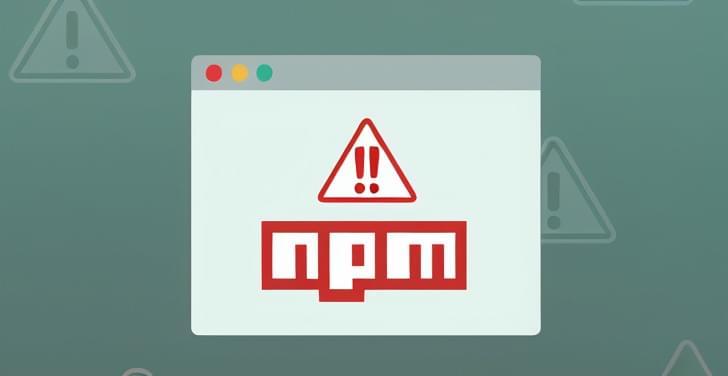
Fake npm packages @typescript_eslinter/eslint and types-node exploit typosquatting to drop trojans, risking software supply chains.

Run by the team at orchestration, AI, and automation platform Tines, the Tines library contains pre-built workflows shared by real security practitioners from across the community, all of which are free to import and deploy via the Community Edition of the platform.
Their bi-annual “You Did What with Tines?!” competition highlights some of the most interesting workflows submitted by their users, many of which demonstrate practical applications of large language models (LLMs) to address complex challenges in security operations.
One recent winner is a workflow designed to automate CrowdStrike RFM reporting. Developed by Tom Power, a security analyst at The University of British Columbia, it uses orchestration, AI and automation to reduce the time spent on manual reporting.
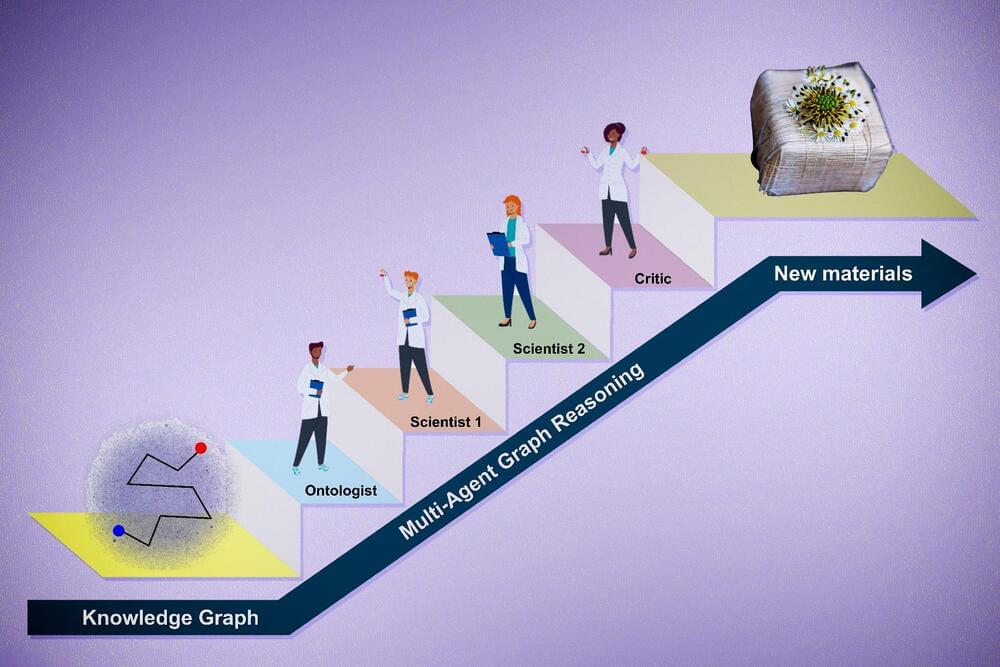
Crafting a unique and promising research hypothesis is a fundamental skill for any scientist. It can also be time consuming: New PhD candidates might spend the first year of their program trying to decide exactly what to explore in their experiments. What if artificial intelligence could help?
MIT researchers have created a way to autonomously generate and evaluate promising research hypotheses across fields, through human-AI collaboration. In a new paper, they describe how they used this framework to create evidence-driven hypotheses that align with unmet research needs in the field of biologically inspired materials.
Published Wednesday in Advanced Materials, the study was co-authored by Alireza Ghafarollahi, a postdoc in the Laboratory for Atomistic and Molecular Mechanics (LAMM), and Markus Buehler, the Jerry McAfee Professor in Engineering in MIT’s departments of Civil and Environmental Engineering and of Mechanical Engineering and director of LAMM.

Research published in The American Journal of Human Genetics has identified a previously unknown genetic link to autism spectrum disorder (ASD). The study found that variants in the DDX53 gene contribute to ASD, providing new insights into the genetic underpinnings of the condition.
ASD, which affects more males than females, encompasses a group of neurodevelopmental conditions that result in challenges related to communication, social understanding and behavior. While DDX53, located on the X chromosome, is known to play a role in brain development and function, it was not previously definitively associated with autism.
In the study, researchers from The Hospital for Sick Children (SickKids) in Canada and the Istituto Giannina Gaslini in Italy clinically tested 10 individuals with ASD from eight different families and found that variants in the DDX53 gene were maternally inherited and present in these individuals. Notably, the majority were male, highlighting the gene’s potential role in the male predominance observed in ASD.
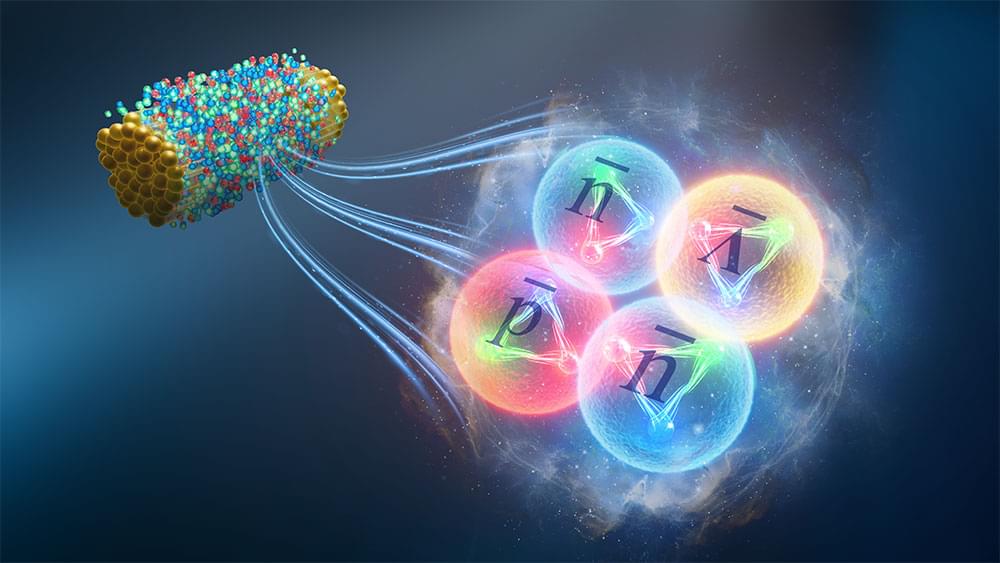

FOR IMMEDIATE RELEASE
“High-Speed Sequential DNA Computing Using a Solid-State DNA Origami Register” ACS Central Science
DNA stores the instructions for life and, along with enzymes and other molecules, computes everything from hair color to risk of developing diseases. Harnessing that prowess and immense storage capacity could lead to DNA-based computers that are faster and smaller than today’s silicon-based versions. As a step toward that goal, researchers report in ACS Central Science a fast, sequential DNA computing method that is also rewritable — just like current computers.